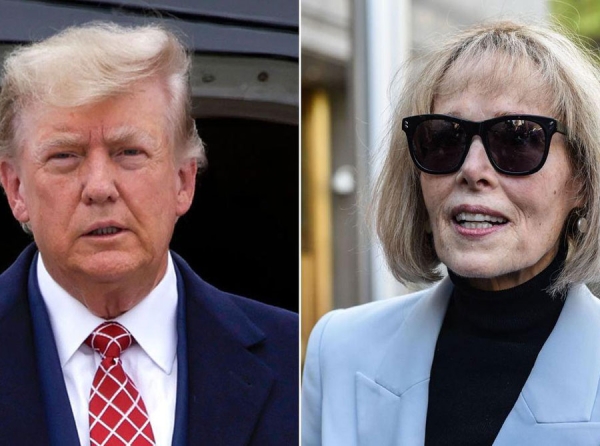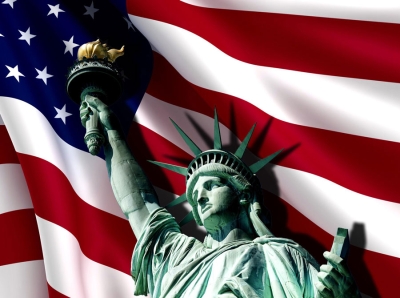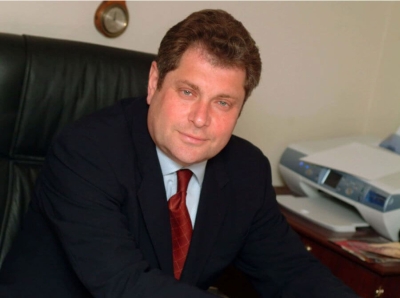The court found Trap guilty of attempting to rape a writer

Let's summarize the debate in the chat about the verdict in the Trump case on the Carroll lawsuit and tell you why everything seems logical and legal to me.
1. This is not a criminal case, so the presumption of innocence does not apply. Moreover, roughly speaking, the presumption of guilt works, since in civil proceedings the defendant must refute what the plaintiff says. This is a fundamental difference from the Russian process. I guess the logic behind this is that, by default, a plaintiff cannot file a frivolous lawsuit, and if he does, there will be penalties for it, including the defendant's attorney fees.
2. The biggest difference between a criminal and a civil case is the standard of proof. In a criminal case, such a standard is beyond reasonable doubts. That is, a juror in a criminal case must be conditionally 90% sure of the defendant’s guilt, and that there is no reasonable doubt of guilt (therefore, the job of a defense attorney in a criminal trial is to create such doubt, that is, to give an explanation of the facts of the case where the defendant would not have anything to do with the crime , and someone else would have). In civil proceedings, the standard of proof is preponderance of evidence/balance of probabilities, that is, roughly speaking, “whom I believe more” (conditionally 51%).
3. Now we keep in mind the standard of proof and imagine what picture the parties have drawn:
plaintiff:
- Carroll's testimony (direct evidence)
- testimony of 2 witnesses that Trump also used sexual violence against them
- witness testimony that Carroll told friends about the incident many years ago, long before the book was published
- Trump’s obvious lie about Carroll not being his type (he confused her with his wife in the photo)
- Trump's statement about grabbing women by the crotch and doing whatever you want to them (the jury saw a video where Trump admitted that he said that, and this is, in fact, what the plaintiff accused him of)
respondent:
- Trump did not testify, there were no witnesses, there was an attempt to cast doubt on the plaintiff’s testimony during her interrogation
4. Jurors should make a decision not based on their assumptions or media articles, but on what they heard in court. How can the jury decide differently given paragraph 3? Actually, the speed of decision-making by the jury (less than 3 hours) shows that the jury had no doubts, and the verdict, let me remind you, was accepted unanimously.
5. Trump had a chance to correct the situation by testifying and leveling the balance of probabilities, but he decided not to testify. I don't know why, but I'm guessing it was because I didn't want to be open to questions from Carroll's lawyers. In addition, giving false testimony can result in actual imprisonment. Some readers explain Trump’s reluctance to testify by saying that he is showing principles, but then it is his decision that has consequences, and the former President’s lawyers themselves perfectly understand the very balance of probabilities and the principles of jury work. There is no need to say now that the process was unfair and Trump was not allowed to defend himself. In any case, it was he himself who abandoned his defense.
6. Trump does not face prison, at least because of the standards of evidence (I don’t think the prosecutor will believe that he can prove guilt beyond a reasonable doubt), and the statute of limitations for criminal prosecution has probably already passed.
Author: Igor Slabykh



